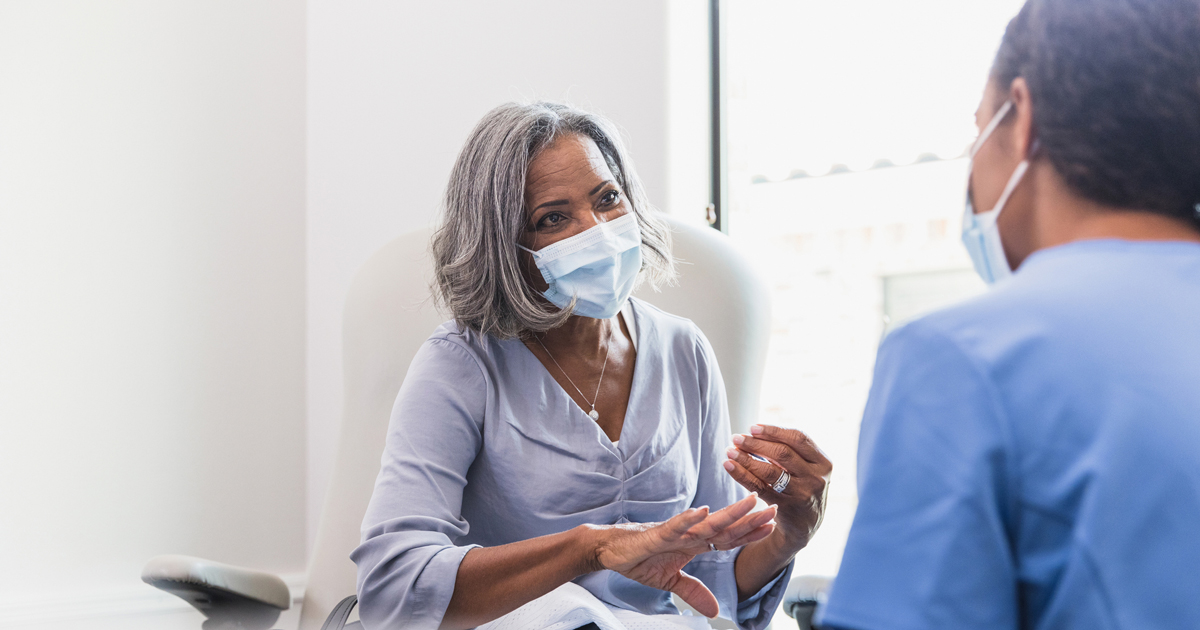You asked, we answered: Do women over 50 need a Pap test?

Question:
Do women over 50 need a Pap test?
Answer from OB-GYN Jennifer Griffin Miller, MD:
We absolutely recommend cervical cancer screening for women over 50. Overall, nearly 15,000 women in the U.S. are diagnosed with cervical cancer every year. Cervical cancer screening is an opportunity to prevent cancer and cancer death.
Several national societies and organizations weigh in on these guidelines, and they may vary slightly between them. In general, these are the Nebraska Medicine and Olson Center for Women’s Health guidelines we follow:
- Start screening at age 21 with a Pap test. (Some guidelines suggest we may be able to start screening at 25 with a primary high risk HPV test, but this is not yet available at Nebraska Medicine.)
- Screening for women who have normal results will continue every three years during the 20s and may be modified (decreased frequency) to every five years from 30 to 65 If the prior screening is normal and If the patient is able to have a co-test with a Pap test and HPV test at the same time. An alternative for women from 30 to 65 may be primary HPV alone, but it requires a specific type of test. (not yet available at Nebraska Medicine.)
- At age 65+, a woman should make a decision with her provider regarding whether she should continue cervical cancer screening. This may be based on risk factors and other health issues.
- If a woman has not been following regular screening guidelines as outlined above (for example, maybe missing that screening for 10 years) — then most providers would recommend getting the co-test Pap and HPV test every three to five years and may need to continue to a later age or until the woman has had at a few normal screen results.
- Abnormal screening tests should be managed based on provider recommendations and this may modify future screening recommendations.
The goal of all of this testing is to prevent cervical cancer. This is one of the few cancers we can prevent by screening appropriately and managing any abnormalities noted on the screening test.





